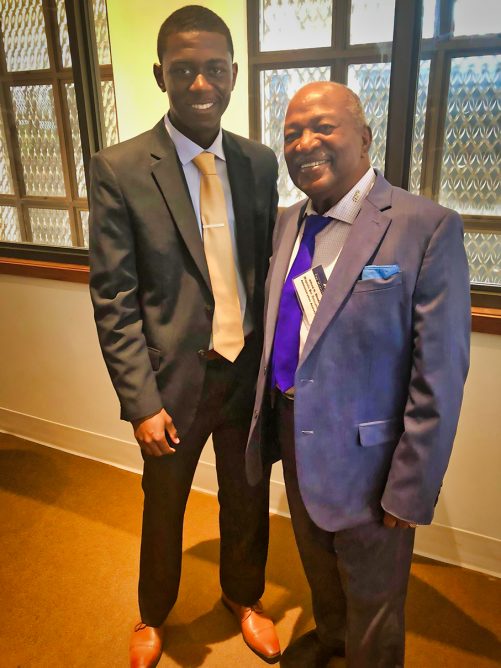With a Black population of 168,286 per Black lawyer in Mississippi in 1934,
according to the statistics on lawyers released by the United States Bureau of Census for that year, there had been little or no appreciable change in the ratio of the Black population to Black lawyers in Mississippi in 1955.


Because Black citizens prior to and in the year of 1955 were barred from attending law schools, public or private in Mississippi, Black citizens in Mississippi who desired to study law were compelled to leave Mississippi to obtain legal training, study in law offices under the supervision of practicing attorneys, or resort to self-study.
In either case, Black applicants for admission to the Mississippi State Bar in the nineteen fifties had to ride a freight elevator to the examining room and take the bar exams while graduates of the University of Mississippi Law School were admitted without being examined.These conditions and hardships endured by Black lawyers in the courts, among others, led to the creation of the Magnolia Bar Association.
Today, the Magnolia Bar Association has a membership of over a hundred Black lawyers, some who are serving as federal and state judges, city prosecutors, united states attorneys, district attorneys, assistant district attorneys, assistant attorney generals, legal service counselors and in other positions, and many who are engaged in the private practice of law.